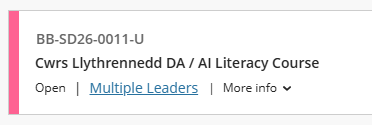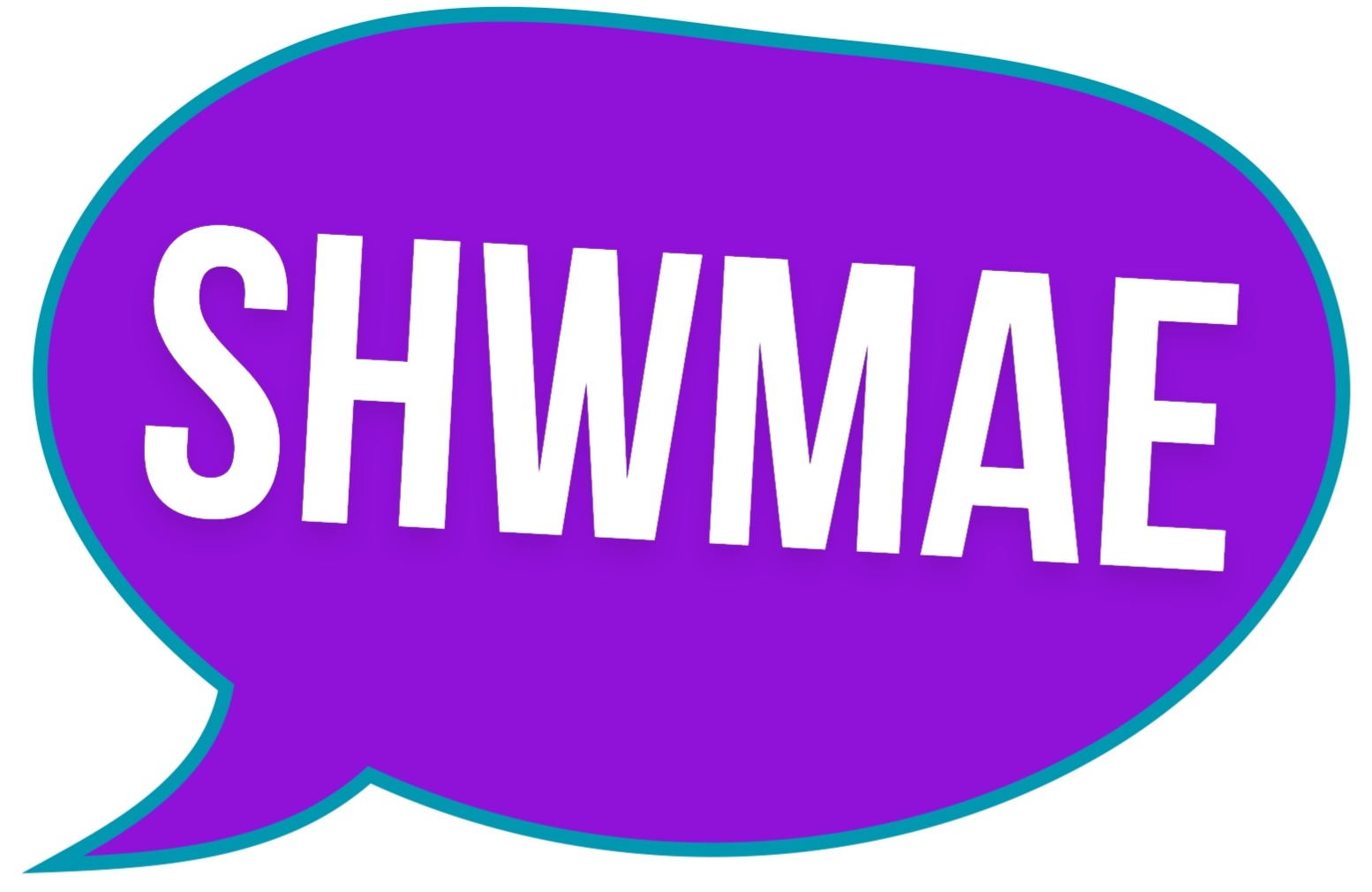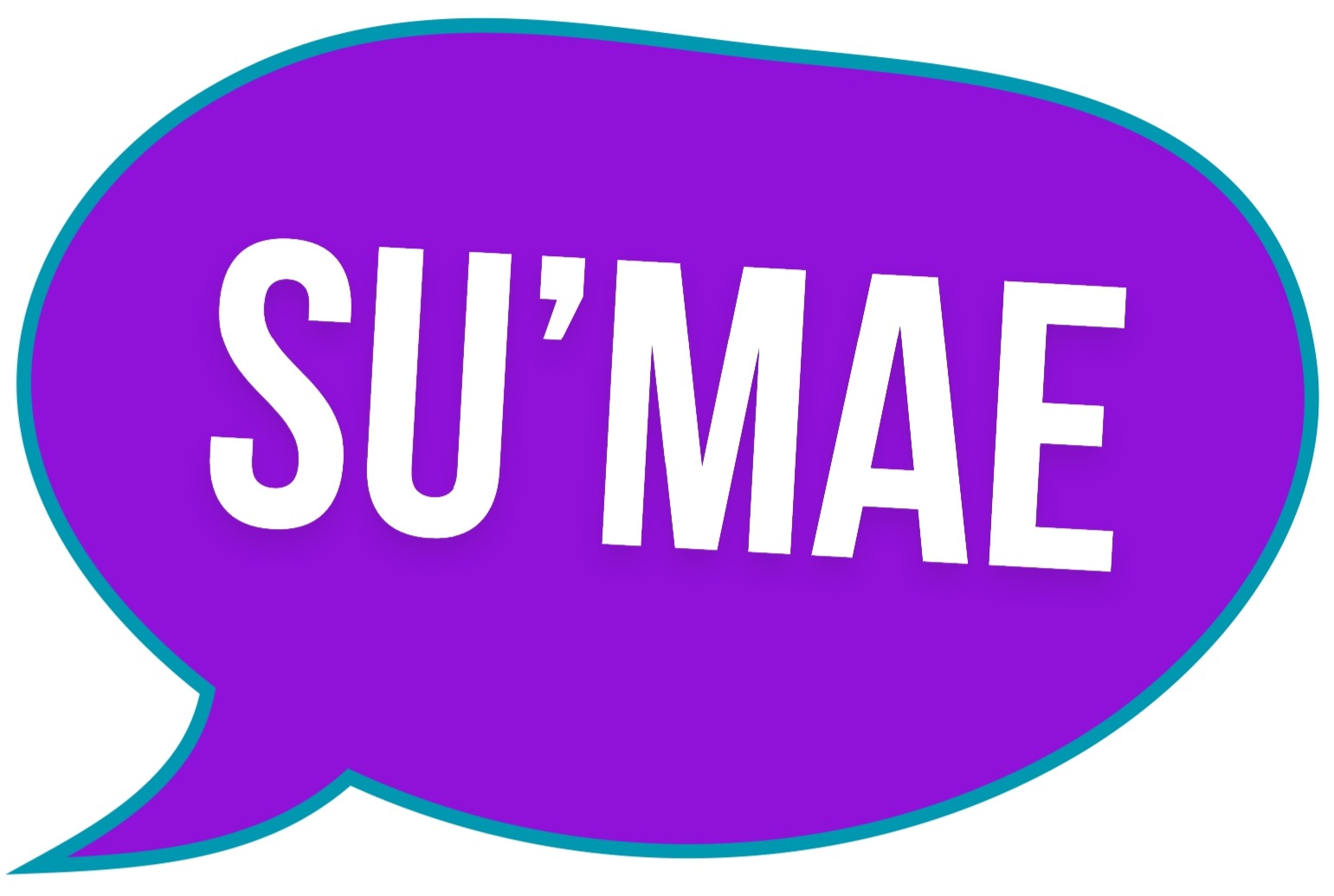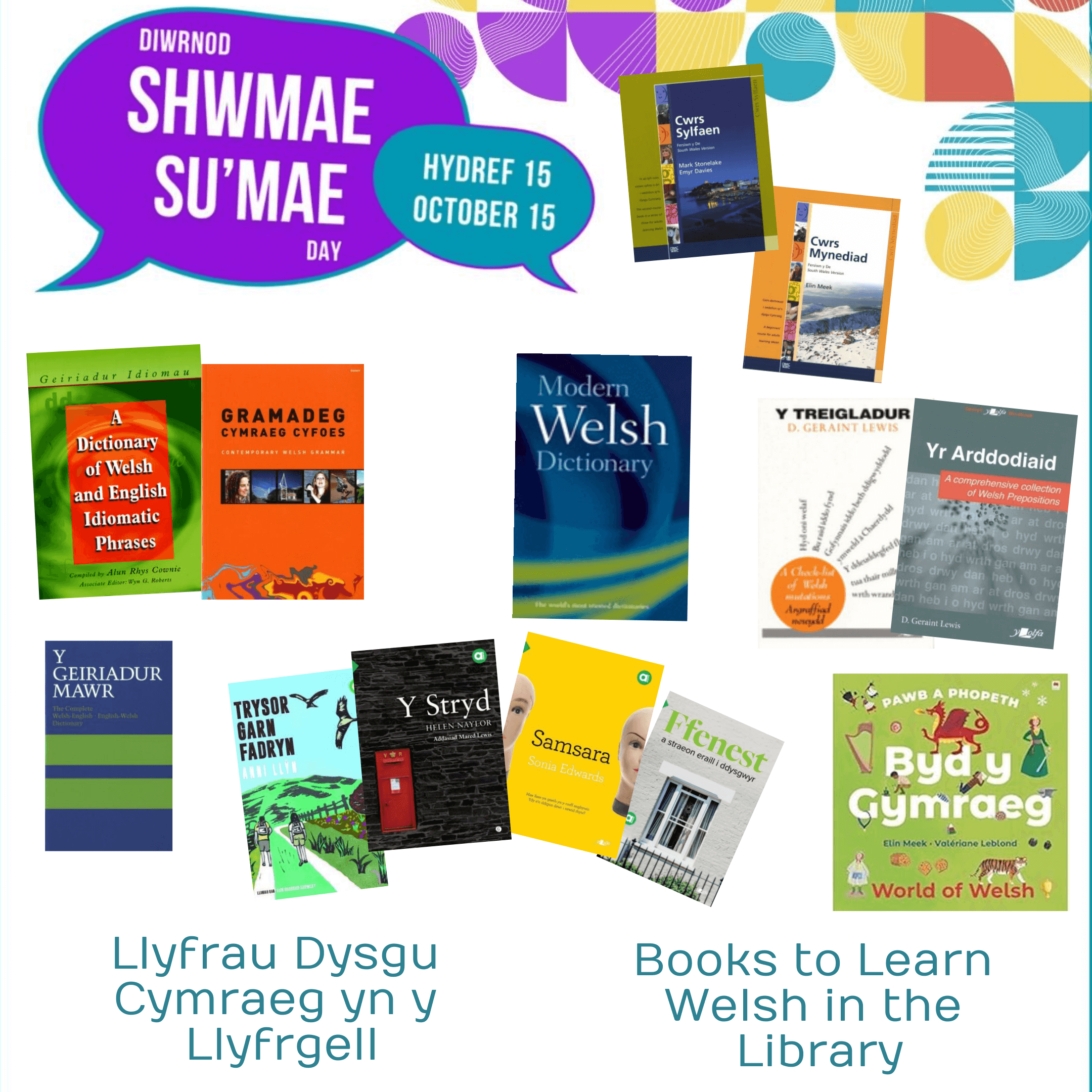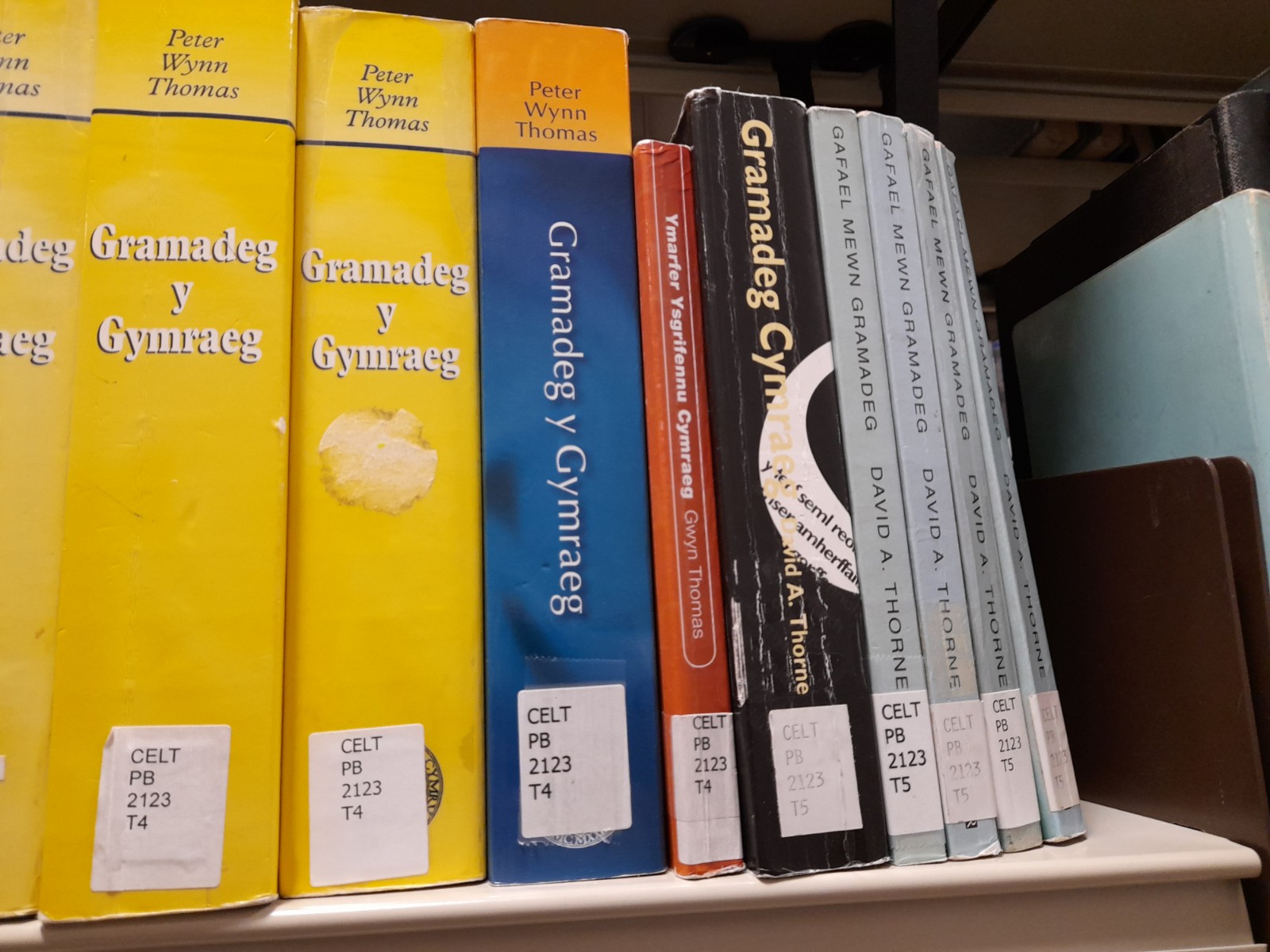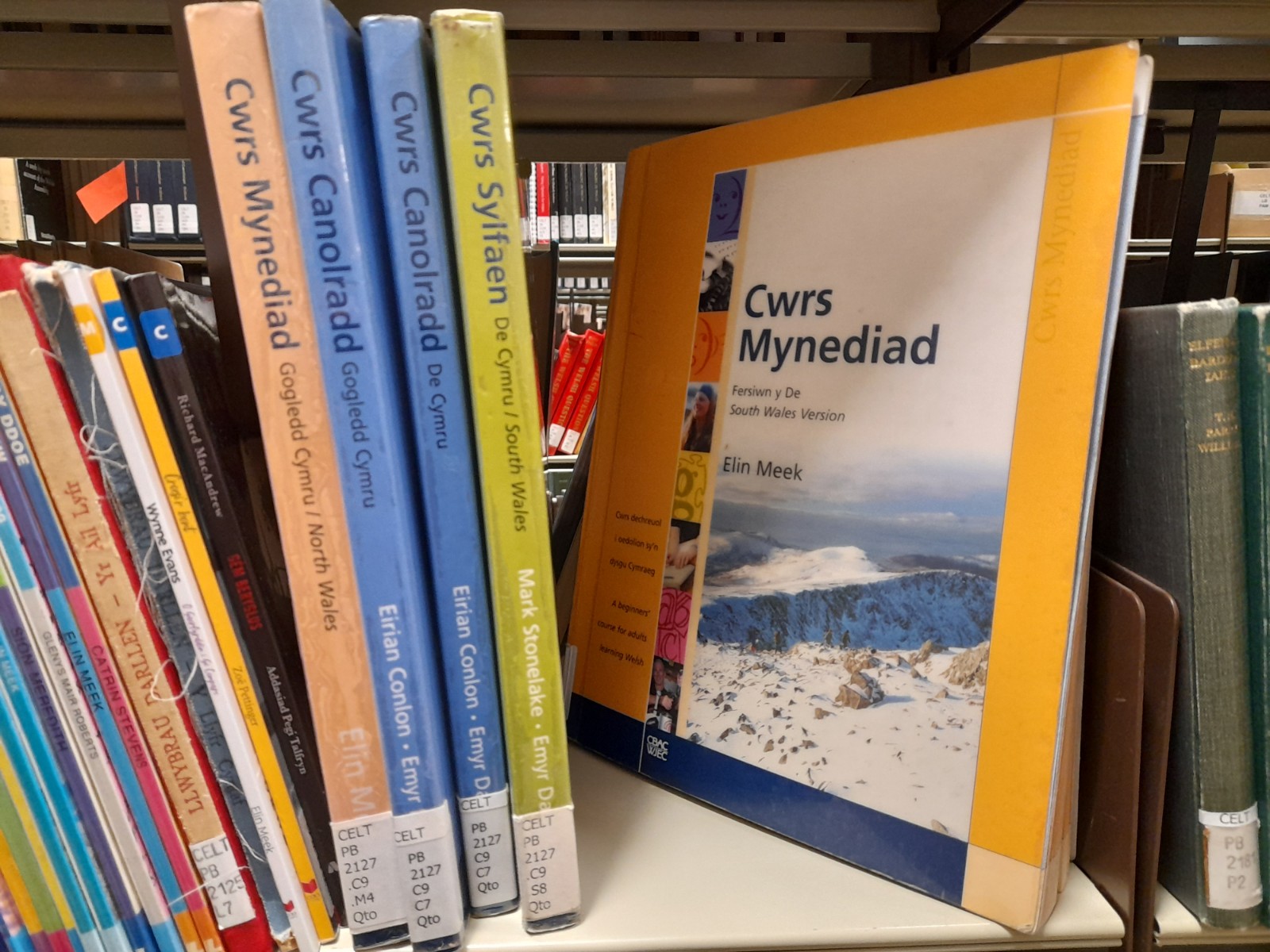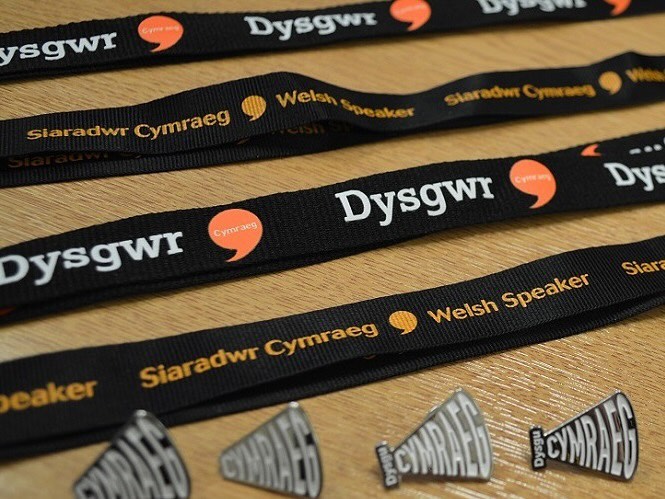Seasons greetings to all University Libraries customers from the Academic Engagement team.
Here’s a few highlights to share from a packed year
- Our Professional Pathways student Kirill Kulikovskii was shortlisted for the Student Union’s 2025 Student Staff Member of the Year for his work on a project identifying broken links in Aspire reading lists
- A new online AI Literacy Course authored and delivered by the Team was launched, achieving a CILIP Cymru Wales 2025 Team of the Year commendation
- A round-up of AI support initiatives developed by the Team was the subject of a group presentation at the 2025 AU Learning & Teaching Conference
- Library staff have been preparing to join the new Student Journey department in January 2026 and the Team will be sharing a new profile of subject librarian responsibilities
Find usage stats and further information about library services we deliver including Information Literacy teaching and one-to-one support, Digitisation, AberSkills, Aspire Reading Lists, LibGuides and Digital Skills in the 2024-2025 Library Action plan.


